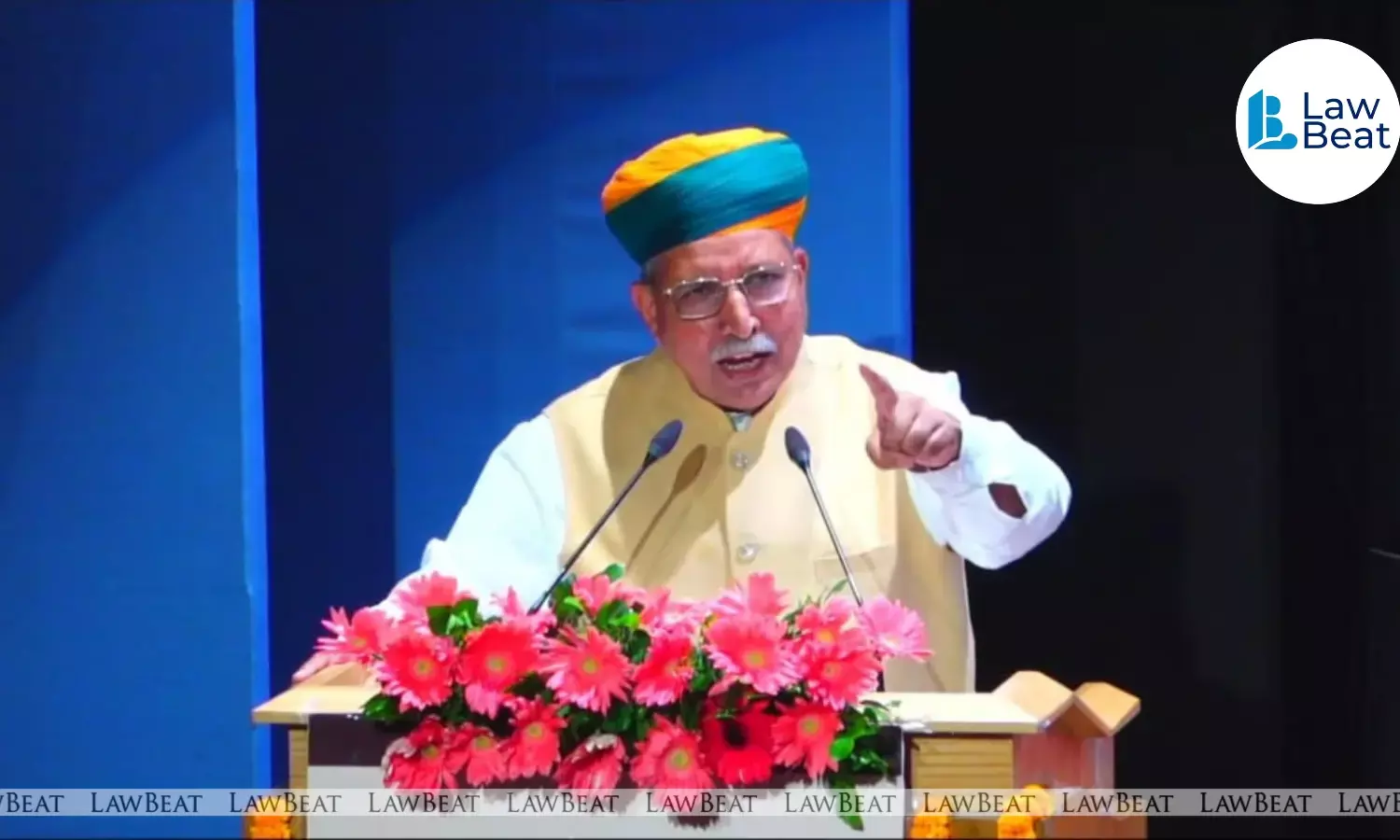Synchronised Polls Key to Stability, Says Law Minister Arjun Ram Meghwal

Union Law Minister Arjun Ram Meghwal strongly emphasized the need for implementing the ‘One Nation, One Election’ system during a discussion organized by Lawyer’s Voice at the Delhi High Court.
He said that the proposed reform would provide greater structural stability to the electoral process, strengthen democracy, and significantly reduce administrative and financial burdens caused by frequent elections.
The Law Minister explained the mechanism the government intends to introduce to make this possible; The elections to all State Legislative Assemblies would be synchronised with the Lok Sabha elections. For this, when the new Lok Sabha is elected in 2029, a fixed date will be set for its commencement, and the term will continue for five years, ending in 2034. Any State Assembly election that falls mid-way during this period will only be held for the remaining term up to 2034. This adjustment will be a one-time exercise aimed at aligning the electoral cycles of the Lok Sabha and all State Assemblies. Once this is achieved, future elections for both will be conducted together every five years.
An example was given in this context; if the Uttar Pradesh State Assembly election is scheduled for 2032, the tenure of the Assembly elected that year will only run till 2034, in line with the Lok Sabha cycle. This approach, the Minister pointed out, would help bring uniformity in the electoral process.
He rejected the opposition's criticism of this arrangement, terming such objections unfounded and politically motivated. The reform, he said, is intended to serve the larger democratic interest and create a more efficient electoral system.
The Minister also drew attention to the practical difficulties posed by the current system of frequent elections.
He recalled his own experience as a district collector, where his official work was once interrupted due to restrictions imposed by the Model Code of Conduct for municipal elections.
He noted that the conduct of elections requires extensive deployment of resources and manpower, including teachers and paramilitary forces, which affects essential services and daily functioning. According to him, synchronizing elections will address these challenges and ensure smoother governance without repeated interruptions.
On the economic front, the Minister observed that the move is expected to contribute significantly to the economy.
He said estimates suggest that implementing the One Nation, One Election system could boost GDP by around 1.5 percent. Such a step, he indicated, would support India’s ambition of becoming the world’s third largest economy.
The Minister further referred to the extensive consultations and feedback received on this proposal.
The High-Powered Committee on One Nation, One Election received over 21,500 responses through its official portal, of which nearly 80 percent supported the idea. Out of 47 political parties consulted, 32 have expressed agreement with the proposal. In addition, former Chief Justices of India, former Chief Election Commissioners, and several State Election Officers have endorsed the move.
The objective is not only administrative convenience but also democratic necessity, which will ensure stability, efficiency, and economic progress, The Minister said while concluding his address.
